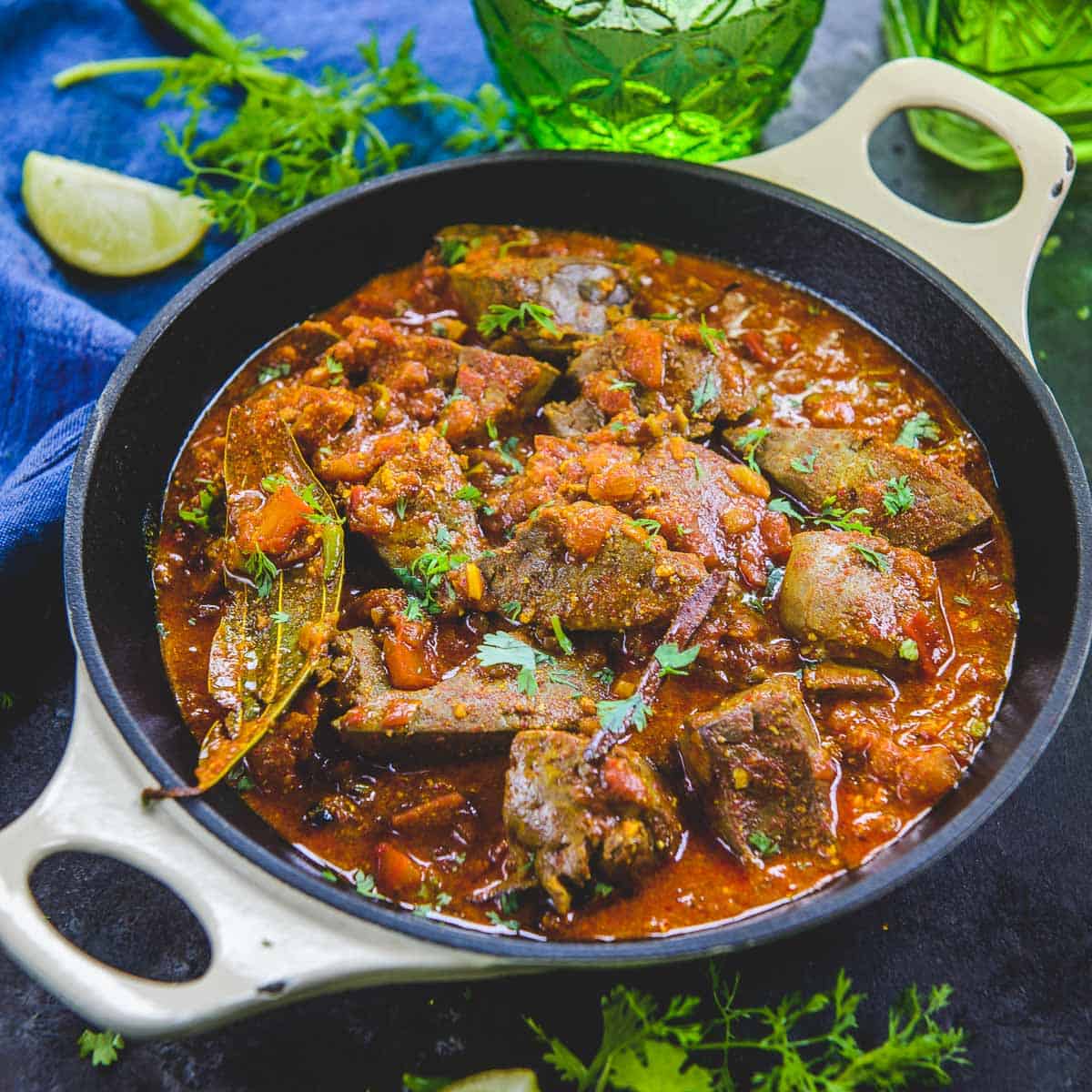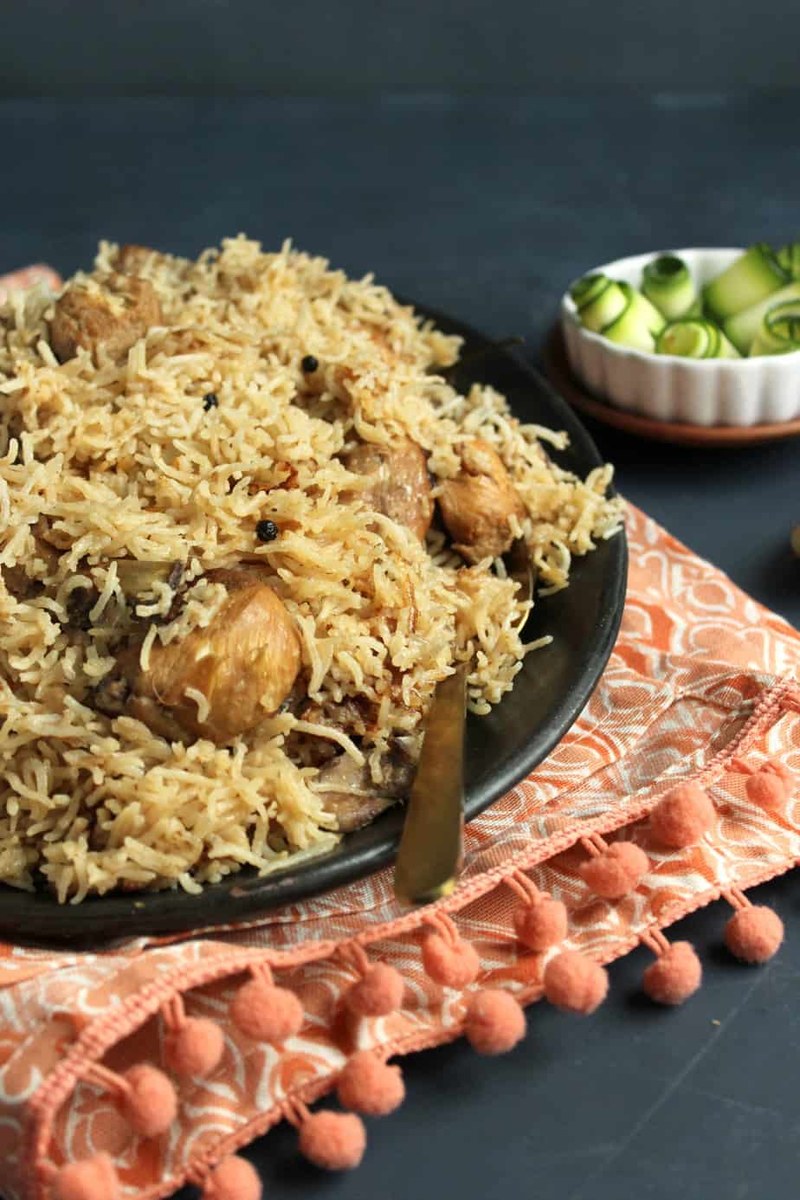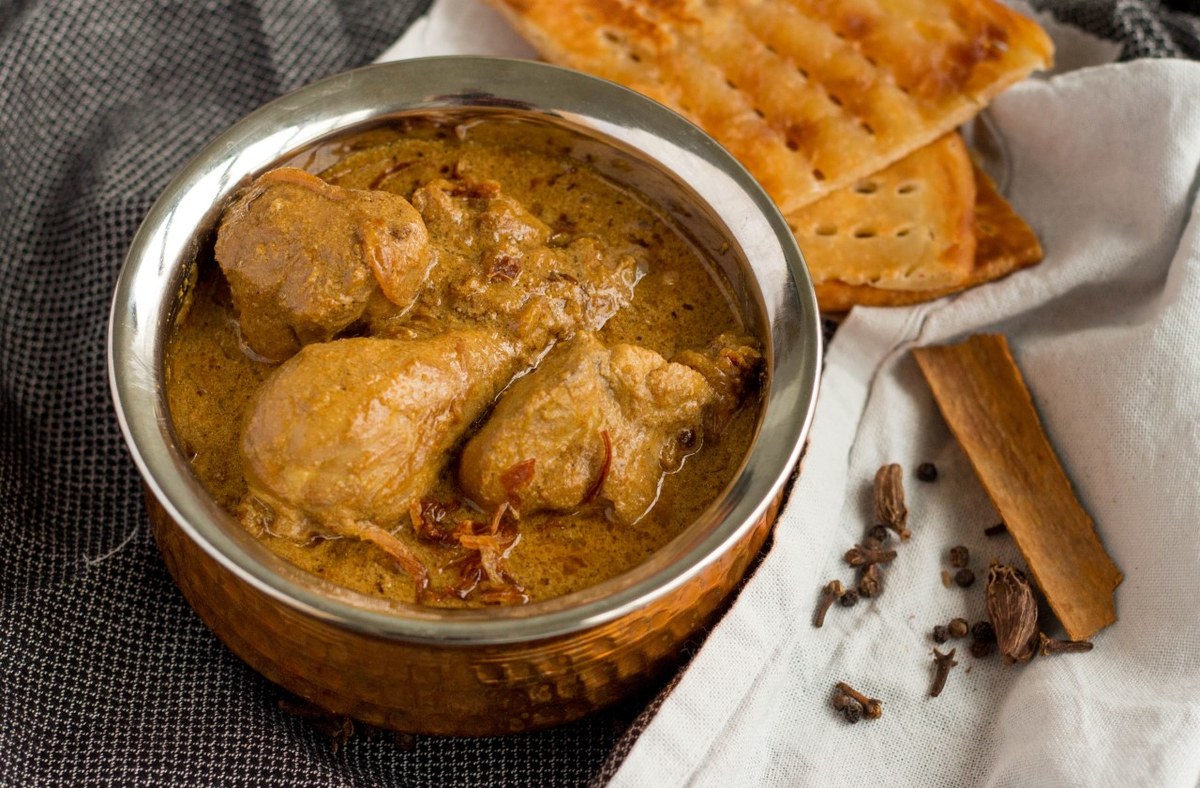KARACHI: From cooking up scrumptious meat dishes to attending barbecue parties and dressing to impress, Eid Al-Adha, more commonly referred to as ‘Bakra Eid,’ is never a dull occasion for Pakistanis.
Celebrities are no exception. Arab News spoke to a number of stars to find out what they had planned for Eid, which renowned designer’s clothes they would be wearing and what they planned to serve on their Eid lunch tables.
Ahsan Khan
Pakistani actor Ahsan Khan, whose performance in drama ‘Udaari’ earned him enough accolades to last a lifetime and who is currently appearing in drama serial ‘Fraud’ with Saba Qamar, said every Eid, his wife shopped for white or blue clothes for him and his children.
“I won’t like to share the designer’s name because it is not sponsored,” Khan told Arab News, laughing.
Like others, he too relishes meat dishes every Eid Al-Adha.
“Two things are a must in my home – kaleji (mutton liver) and roasted raan (mutton leg roast). I am a foodie as well as a meat lover,” the star of ‘Qayamat,’ ‘Shahrukh Ki Saaliyan’ and ‘Qissa Meherbano Ka’ said.

This photo shows South Asian cuisine Kaleji Masala. (Photo courtesy: whiskaffair.com)
Khan follows the Islamic ritual of sacrificing animals each year, overseeing the process of buying the animals, and lending a hand in distributing the meat.
“If Ammi (mother) is around, we are usually together on Eid, she and Fatima (wife) take care of the household chores,” he said. “There is no other task except for qurbani (sacrifice) and namaz (prayer), while I think mingling with people is important.”
Sarwat Gilani
A-lister Sarwat Gilani, who recently won plaudits for her role in ‘Joyland’ that won two prizes at the Cannes film festival and is best known for her work in the web series ‘Churails’ and the blockbuster movie, ‘Jawani Phir Nahi Ani 2,’ said she was lucky to get gifts of clothes from popular Pakistani designers to wear on Eid.
“It is a privilege that us celebrities are gifted clothes on Eid and we don’t have to worry about making them,” she told Arab News.
Sharing her Eid wardrobe plans, the actress said she would be wearing a dress by top designer Rizwan Beyg on the first day of Eid, and on the second day by Elan, a design house with a coveted couture, prêt-a-porter and a ready-to-wear line.
On the third day of Eid, Gilani said she would be donning a dress made by renowned designer Farah Talib Aziz.
Gilani’s cook will also be preparing delicious cuisines for the Eid Al-Adha holiday.
“Sawaiyaan (vermicelli) for sure, fresh kaleji (mutton liver) and then there is always nihari,” she said, adding that biryani and brinjal with yoghurt are two other dishes she loves to have on Eid.

This photo shows South Asian desert Sawaiyaan (vermicelli) (Photo courtesy: KitchenwithAbida/YouTube)
When the cook is in a good mood, Gilani revealed, he also makes fresh meat kebabs for her family.
The actress also prepared for Eid by buying ready-made traditional kurtas for her husband and kids and arranged henna and bangles for herself and her staff.
“Fresh flowers is a must on Eid because it just makes it very festive, and if I can get some phuljhadis (small fireworks which emit a shower of sparks), I get it for the boys for Chaand Raat (eve of Eid) and some patakhas (firecrackers).”
Yasir Hussain
Pakistani actor, comedian and writer Yasir Hussain said he wanted to keep it traditional on Eid by donning ‘shalwar kameez.’ Like the past few years, this year too, Shaffer, an online men’s clothing store, had sent him Eid outfits.
The actor told Arab News he had bought two goats this year whose meat would be distributed among family, neighbors and the poor.

This photo shows South Asian cuisine Pulao. (Photo courtesy: flourandspiceblog.com)
“We make pulao at home and I like BBQ, so my friends come over and we eat together,” he said.
Rubina Ashraf
Rubina Ashraf, one of Pakistan’s most versatile TV actresses and most fondly remembered for essaying a police officer in ‘Pas-e-Aaina,’ said she didn’t have to go through the “headache” of getting Eid clothes made and would be wearing dresses sent by designer Farah Talib Aziz.
Eid is always a busy time for Ashraf, who said she was occupied with shoots right until the day before Eid.
“But the preparations that I want to do are who to entertain and who to visit – this is the kind of planning I want to do,” she added.
“For food, there is the usual Eid stuff like lots of meetha (dessert), cake maybe.”
Junaid Khan
Pakistani singer and actor Junaid Khan, who rose to fame as the vocalist for the popular Pakistani music band, Call, told Arab News the traditional ‘kurta shalwar’ would be his dress of choice this Eid, while two traditional dishes would be on the menu at his house.

This photo shows South Asian cuisine Qorma (Photo courtesy: mirchitales.com)
“This Eid is all about meat, so we make Qorma and Kaleji at home,” he told Arab News. “All one needs to prepare for Eid are the clothes, [be mindful of] namaz timings at the nearest mosque, and that one receives the meat timely.”
















